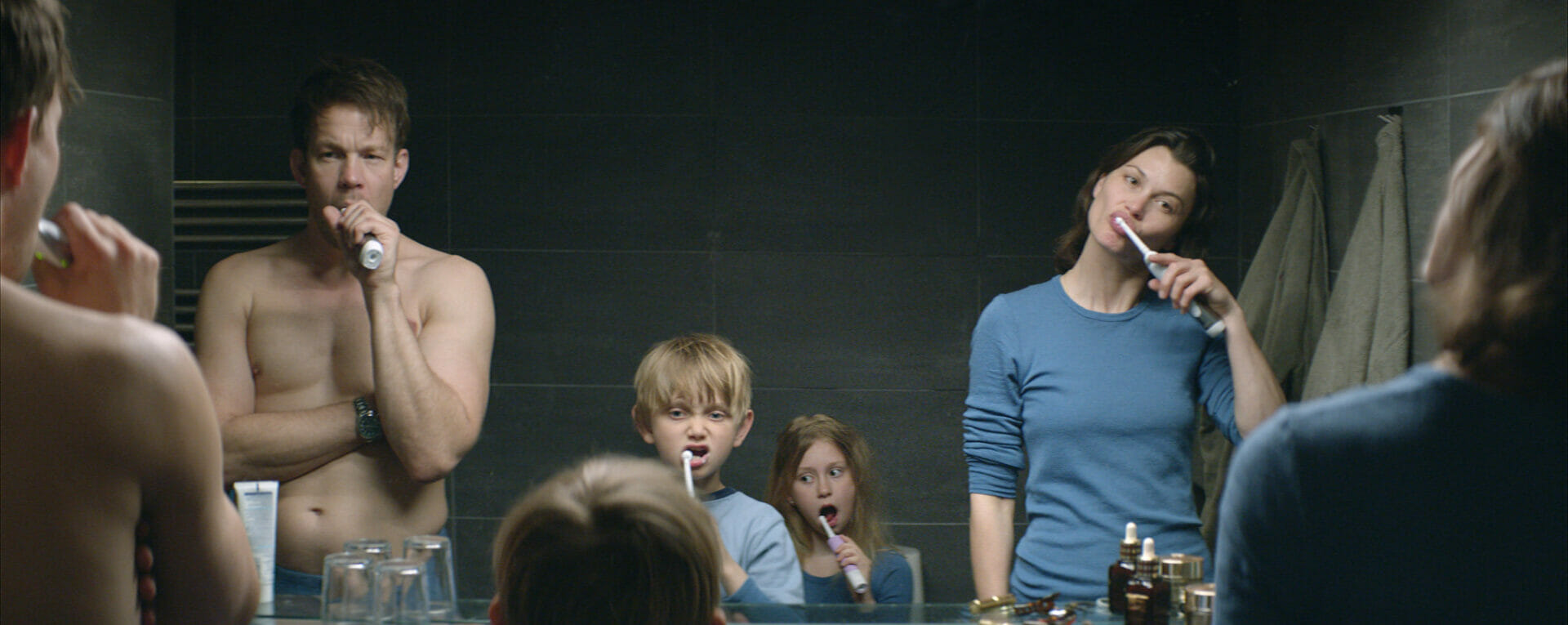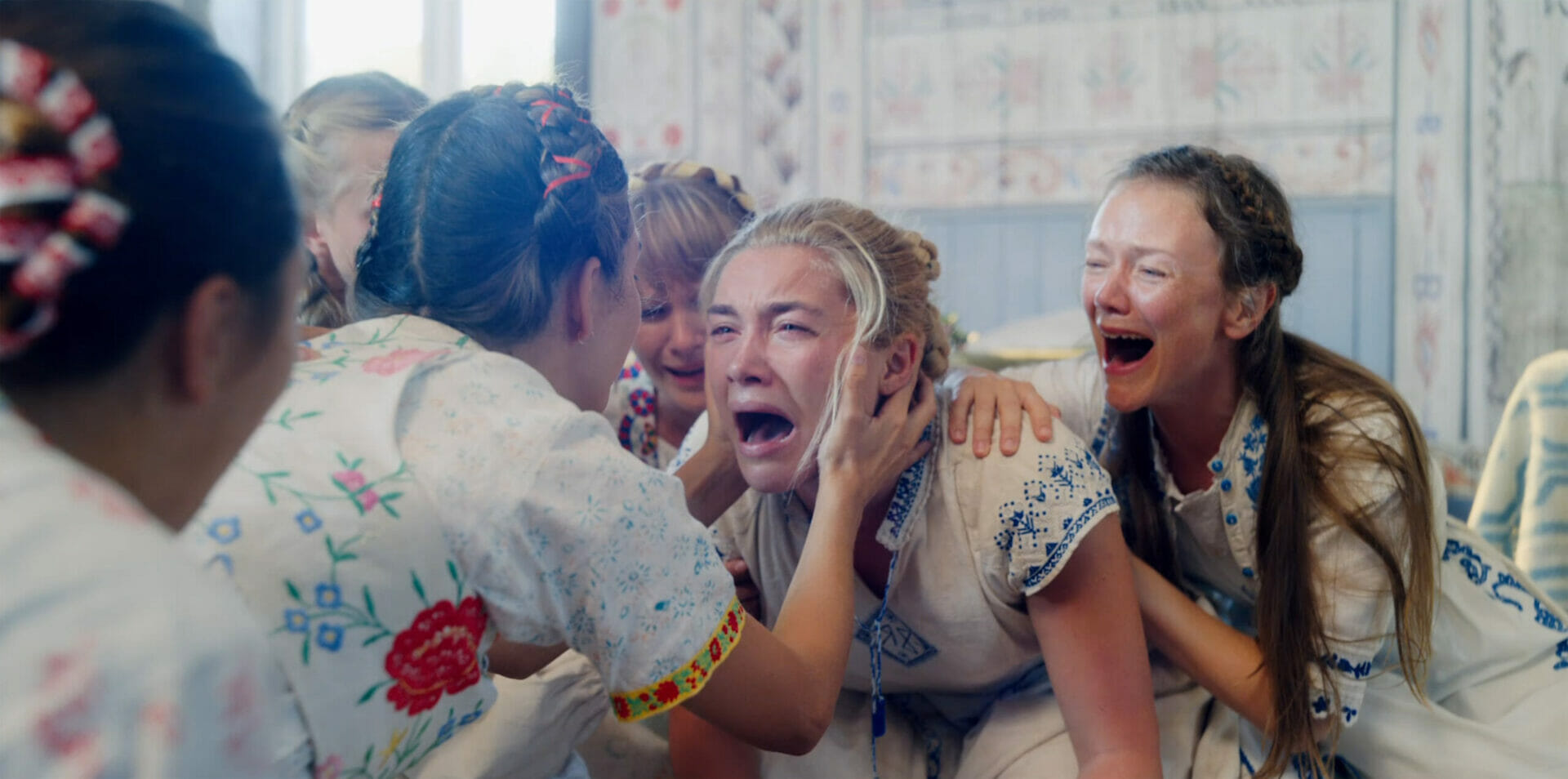
Force Majeure | The shame of surviving unfulfilled expectations
Year
Runtime
Director
Main Cast
Writer
Cinematographer
Production Designer
Music by
Format
Subgenre
I think we all have ability in acting egoistic when it comes to crisis situation. And what happens with women, maybe they…it’s hard to say it’s biological or cultural, but men are more likely to abandon their kids. [laughs]
Director Ruben Östlund on Force Majeure, from an interview with ScreenAnarchy
The survival rates statistics for major disasters show that the survival rate of males is much higher than that of females and children. How come? In his second movie, Swedish director Ruben Östlund tries to find an answer. Force Majeure is a cynical and witty family dramedy that enquires the shame of surviving unfulfilled expectations and an avalanche.
As a voyeur, the viewer takes part in this dream-horror vacation. This movie not only clears out material clichés of the European bourgeoisie but also dives into gender stereotypes, redefining them. Western stereotypes of masculinity and femininity are swept away by the freezing humor. Force Majeure won the Jury Prize at the 67th Cannes Film Festival in the Un Certain Regard section. It was also nominated for the Best Foreign Language Film at the 72nd Golden Globe Awards. What’s more, an American remake titled Downhill starring Will Ferrell and Julia Louis-Dreyfus came out in 2020.
YouTube, the post-modern truth
They have it all: money, beauty, a nice family, and matching thermal underwear. However, Ebba (Lisa Loven Kongsli) and Tomas (Johannes Bah Kuhnke) undergo an existential crisis when a controlled avalanche almost hits them while they are having lunch at a chalet in the French Alps. No one gets hurt except for Ebba. Her trust in her husband vanishes. Indeed, he has decided to run away with his phone instead of protecting his family from a possible disaster. This luxury ski vacation turns into a stressful challenge. They both have to deal with the shame of surviving unfulfilled expectations and rethinking their entire relationship confronting dominant stereotypes of femininity and masculinity. How well does Ebba know Tomas? And herself?
Inspired by the humor of Seinfeld and Roy Andersson, rather than Ingmar Bergman‘s psychological inquiries, this movie proceeds like anthropological research. It alternates extreme long shots – so beautiful that look like a promotional ad – and intrusive close-ups that echo a reality show. Not surprisingly, Östlund used to create ski movies before entering film school and YouTube is one of his major passions.
As Östlund argues in an interview: “If someone captured an event or action or pang of emotion on camera and uploaded to the Internet, then it happened in real life”. So, in Force Majeure, for example, Tomas surrenders to his wife’s accusations only when he sees himself running away in a video he accidentally recorded on his phone. Until that point, he was denying everything with grotesque excuses.
Found footage subgenres
YouTube is one of the director’s main sources of inspiration. Entire scenes in Force Majeure are built on real videos available on the internet. The central scene of the avalanche is based on a YouTube video, as well as the bus ride at the end. Even Vivaldi‘s majestic Summer symphony, which is the soundtrack theme of the whole movie, is actually a version found on YouTube, played by a child on on an accordion.
In a way, a similar approach is that of the found footage subgenre horror movies such as Daniel Myrick and Eduardo Sánchez‘s The Blair Witch Project (1999) and Oren Peli‘s Paranormal Activity (2007). This increasingly popular subgenre plays around with unstable cameras, hyper-realistic acting, fading fiction into reality, and vice versa. But horror movies are not the only ones capitalizing on found footage. Of a different genre, another movie in which realistic videos play a central role is Michael Haneke‘s Happy End (2017).
Sweeping away gender expectations
What is a man supposed to do if there is a risk of death? What about a woman? The director’s answer is pretty discomforting but upfront: run for your life! Exactly what both Force Majeure‘s antiheroes do at different points, regardless of whether they’re men or women. And there is no chance of denying it because everything has been recorded.
Therefore, Tomas must face the shame of not being a “real man” according to dominant Western stereotypes of masculinity. He would rather survive rather than protect his children and his wife. Being “man enough” is exhausting. But Ebba has her share of shame too. She is ashamed that she did not marry a “superman” but someone as selfish as Tomas. Also, Ebba still struggles with the social stigma of needing a happy marriage and kids to be a satisfied woman. And when she realizes that her family is not perfect the disappointment is such, that she is initially unable to confront it.
By the end of the movie, the differences between Ebba and Tomas are no longer so visible. The real shame for the protagonists – and the viewer as well – lies in being so naive as to believe in the social constructions of masculinity and femininity. Which, with acute irony and the use of amateur footage are analyzed and then disrupted and redefined by Östlund. This may be why not only Swedish feminists acclaimed it. Such a brutally honest and ridiculous portrayal of men is what society has been waiting for, they argue.
Tag
Buy a ☕ for Hypercritic









